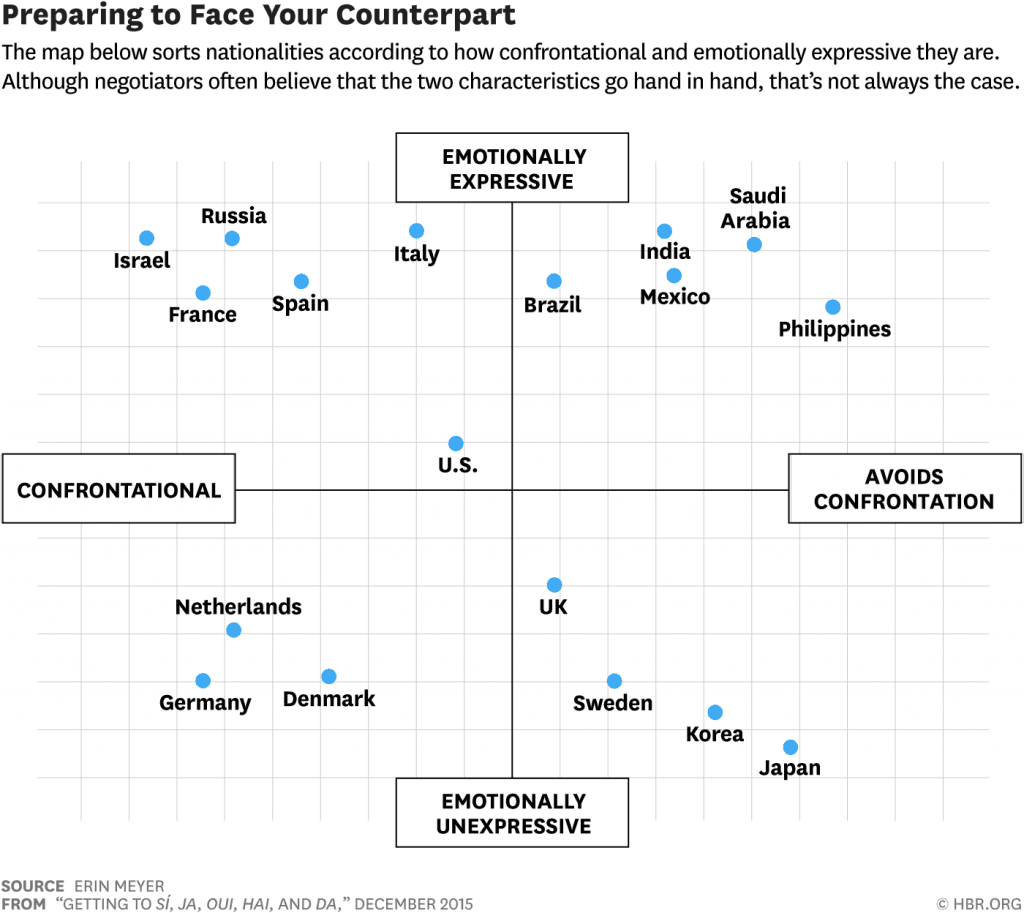5 Reasons Why International Success and Diversity Are Inseparable
Learn the top 5 reasons why we know that diversity is a key ingredient to international success. It means getting (and keeping) the best talent, closing deals, improving customer relations, making better decisions, and resulting in better financial returns. See the hard data on why this is true.
We live in a new global reality where we compete with everyone, from everywhere — for everything. This is especially true for internet based services and SaaS companies, where there are few barriers to entry if you have a laptop, internet connection and know how to code. Tech companies aiming to scale fast require strategies and solutions to quickly expand into and serve new markets while avoiding the many pitfalls that come with building out an international presence. While Amplitude is based in the United States, opening an EMEA HQ in Amsterdam just under a year ago signaled our serious commitment to serving our EMEA customer base and succeeding on a global level. This ambition captured my attention when I was exploring opportunities in the region. While in conversation with the team, I talked to people who had just relocated from Ireland, the U.K. and Belgium. They were simultaneously interviewing candidates from France, Germany and Brazil. As a Canadian-Iranian exploring moving to Amsterdam, I felt immediately welcomed and energized by the mosaic of experiences I encountered. The leadership had clearly been busy building a team of rockstars (and by the way, we still are!). EMEA team hanging out in Amsterdam with a couple visitors from the SF team.Having worked across North America, Europe and the Middle East, I’ve seen first-hand the link between success and diversity. Building a company with diversity across age, gender, cultural education and life experience is important to company culture. But failing to build a diverse team is not just a cultural demerit, it can deliver a quantifiable blow to business results. Here are 5 reasons why diverse teams are more competitive and successful on a global scale, and should be a key part of your global expansion strategy:

1: Getting (and Keeping) Talent
Finding talent is difficult, time-consuming and expensive. This is exacerbated when a company is simultaneously expanding into new markets. Having diversity as a deliberate goal can help both with inbound leads (diversity is often a proxy of good company culture, and it turns out that’s something top candidates really care about) and for an outbound search (being open to a wider definition of “ideal candidate” increases the potential talent pool to include rockstars that may have otherwise been missed). Losing talent is even more difficult, time-consuming and expensive. Building an international team often means managing people from different cultures, management styles and organization structures. Having cultural diversity in the team better positions companies to recognize these differences, combine advantages from different approaches, adjust and adapt to different needs. Many an international merger have failed due to “simply” not taking culture into consideration.
2: Getting (and Closing) Deals

Source: hbr.org
Having a diverse team gives you access to in-depth local market knowledge, cultural insights, local networks and alternative solutions to roadblocks. To sell successfully in foreign markets you need to understand the needs, channels and preferences in the local context — and having the right team ensures that you do. When I moved to Dubai, I learned there are at least 22 dialects of Arabic in the Middle East, some of which barely overlap. This made doing copywriting for regional campaigns a minefield where nailing a joke in one country meant being unintelligible in the next. I’ve seen the downfall of a few (expensive) campaigns due to the creative team missing these cultural nuances. It’s also been well documented that different cultures vary widely in negotiation styles. To set yourself up for sales success, you need to have a diverse team that can successfully navigate and persuade in a variety of settings. If they speak the local language of your prospect, even better. Recently, we were able to close a large deal with a traditional French corporation thanks to one of our Sales Development Representatives, a native French speaker. There was a big language barrier (especially with the senior executives) during a technical demo. Thankfully, he took over, presented in French, answered all their questions and everyone went home happy. This sort of situation occurs regularly and for this reason our team is exploring hiring candidates with more specific language competencies.
3: Customer Relations

Image source: Leyendecker.com
When expanding internationally, you will be dealing with avariety of stakeholders from government officials to the C-suite execs of a local conglomerate. As referenced above, having cultural context often goes a long way to ensure you are set up for success in building solid relationships and partnerships. Having local insights helps smoothen relations and reduces friction. In the summer of 2016, my previous company tasked me and my colleague to launch our product in Turkey. One of the first (and best) things we did was hire a local industry expert. She was an Istanbul native and had decade-long relationships with top government officials that were wary of our entry. They were poised to create multiple barriers for us before she was able to leverage her network to bring them to a table for a dialogue, and paved the way for a solution. In parallel, my colleague and I brought our experiences from other markets to find creative solutions to local challenges. Diverse teams have more breadth and depth to navigate all of these relationships, allowing you to adapt and succeed faster.
4: Fewer Blind Spots, Better Decisions
Homogenous teams have more blind spots (and spot fewer opportunities and solutions). Research also shows that decisions made and executed by diverse teams delivered 60% better results – with decision making improving as diversity in the team increases. One main driver behind this is informational diversity – which goes beyond simple domain expertise and includes unique information and experiences social diversity brings to situations. For example, in many European countries, July-August is when many people take multi-week vacations. It is therefore risky to plan any major launches, meetings or decision making with European stakeholders during this month. Not being sensitive to this means your target customer might be in a different country or the big-decision maker on his yacht, not reading your e-mail follow-ups. This is something our Amsterdam office learned the hard way – you need to close by June, or worst case — July!
5: Better Financial Returns
Last but certainly not least – a 2015 McKinsey report on 366 public companies found that those in the top quartile for ethnic and racial diversity in management were 35% more likely to have financial returns above their industry mean, and those in the top quartile for gender diversity were 15% more likely to have returns above the industry mean. Seems like it’s commercially irresponsible not to aim for diversity. In summary – expanding and succeeding internationally is a big challenge for any company, but you can make it a little bit easier by ensuring you have a diverse team in place that can meet this challenge head on.
We’re continuing to build our teams in Amsterdam, San Francisco, and New York — join us! Check out our open positions here

Tina Yazdi
Former Success Manager, Amplitude
Tina is a former Success Manager at Amplitude. She works out of Amplitude's EMEA office in Amsterdam.
More from Tina




